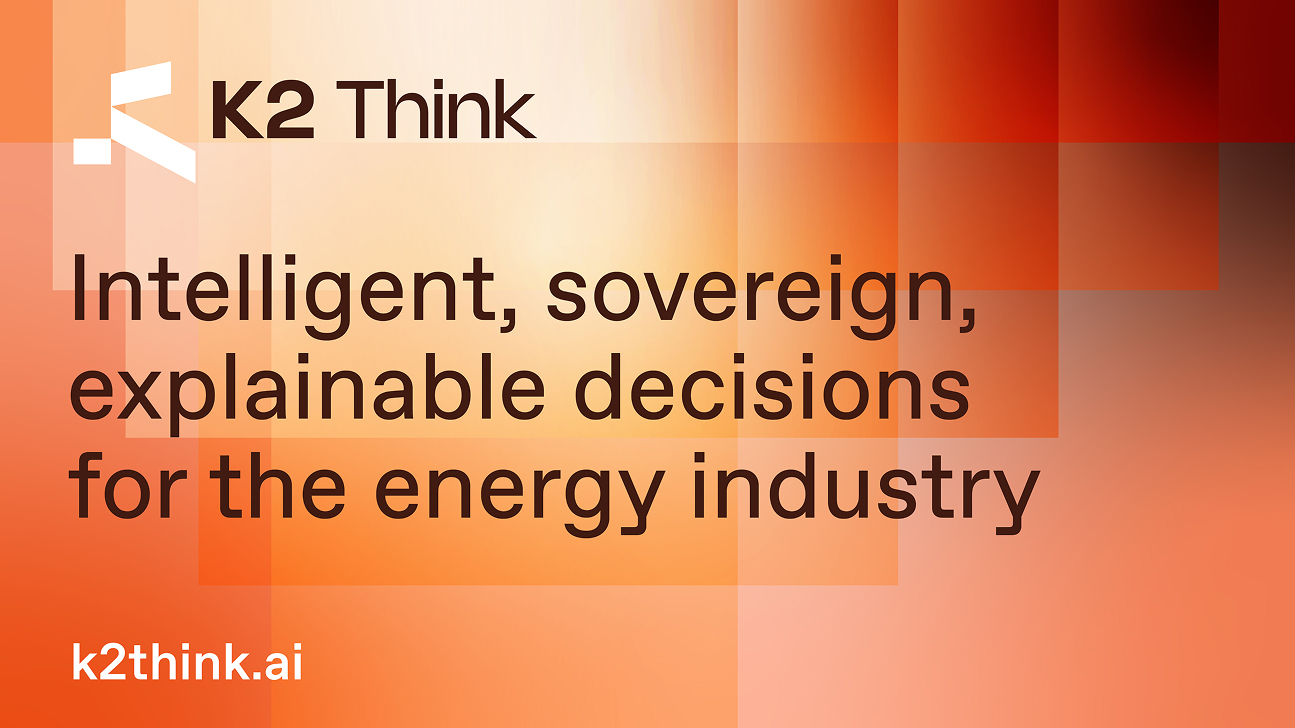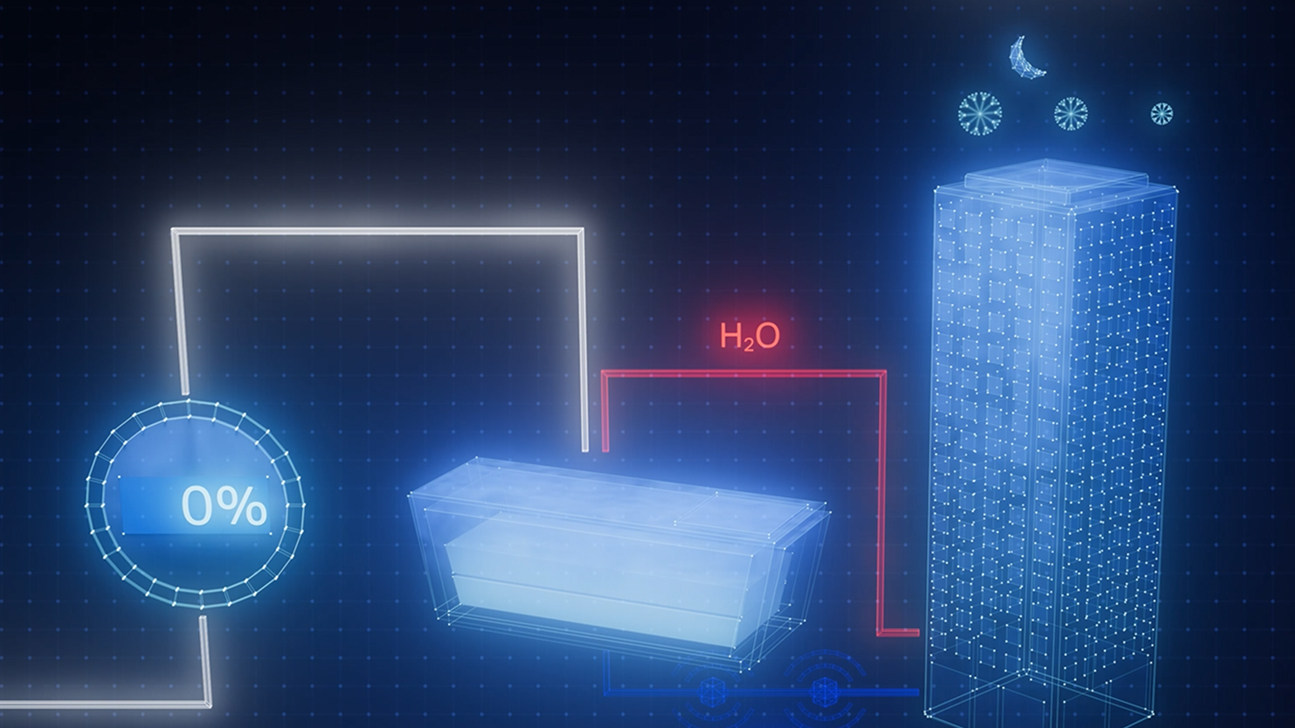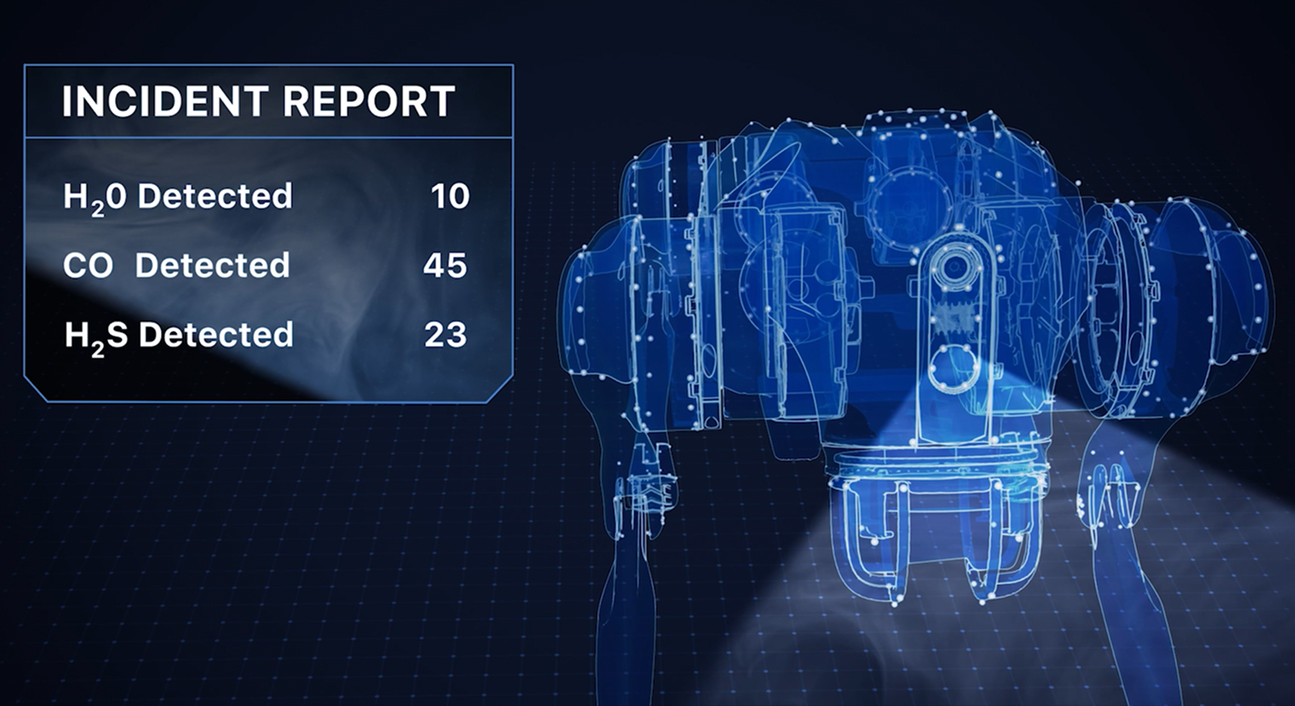MBZUAI celebrates another year at the forefront of transformative AI
MBZUAI continued to overachieve in 2023: publishing prolifically in high-stakes venues, and receiving a groundbreaking patent
Monday, October 23, 2023
In just four years since the establishment of the Mohamed bin Zayed University of Artificial Intelligence (MBZUAI), the world’s first graduate-level institution dedicated to artificial intelligence (AI), the University has rapidly established itself as an international centre of research and innovation that is committed to advancing the frontiers of transformative AI.
Faculty members have authored a multitude of groundbreaking papers, spanning diverse domains, thus contributing significantly to both the discipline and the global discourse around AI. A total of 674 papers (year to date) have been published so far in 2023, showcasing the institution’s depth of expertise and global clout in terms of leading AI innovation.
Thanks to this prolific activity and the University’s ability to attract global talent in terms of both faculty and students, MBZUAI now boasts a combined global ranking of 18 according to the latest CSRankings, for artificial intelligence (AI), computer vision (CV), machine learning (ML), natural language processing (NLP), and robotics.
Having papers accepted at top-tier international conferences is a yardstick that carries particular prestige in the dynamic and fast-moving world of AI research, where developments outpace the traditional patterns of publishing in academic journals.
MBZUAI recorded particular success at three of the most prestigious international AI conferences for the year. In October, the university’s faculty and students delivered 30 papers at the International Conference on Computer Vision (ICCV) held in Paris, France, where Ivan Laptev, the University’s recently appointed Visiting Professor of Computer Vision, also served in the role of Program Chair.
MBZUAI will also be presenting 53 papers at the upcoming 37th Conference on Neural Information Processing Systems (NeurIPS) in December 2023, of which 11 feature student authors from the University . Given that NeurIPS only accepts around 26 per cent of the papers that are submitted each year, such a high-level participation by MBZUAI is a particularly notable achievement that testifies to the expertise the university has been able to cultivate in its short life, and the quality of its faculty, students, and research.
The University also has 44 academic papers at the 2023 Conference on Empirical Methods in Natural Language Processing (EMNLP 2023), more than double last year’s 17 papers. Professor Ekaterina Kochmar will be one of the Student Volunteer Chairs at this year’s conference, which will take place in Singapore in December.
One of the year’s other milestones was the recent awarding of MBZUAI’s first patent by the US Patent Office. Entitled System and Method for Handwriting Generation, the patent was submitted by MBZUAI’s Rao Anwer, Assistant Professor of Computer Vision, Ankan Bhunia, a former MBZUAI Computer Vision Researcher, Assistant Professor of Computer Vision Hisham Cholakkal, Deputy Department Chair of Computer Vision, and Professor of Computer Vision Fahad Khan, and Associate Professor of Computer Vision, Salman Khan.
Granted by the US Patent Office in September 2023, the invention is one of 20 that MBZUAI faculty and students currently have registered with international patent organisations, and underscores the institution’s commitment to translating cutting-edge research into tangible innovation.
By continuing to innovate and nurture talent, MBZUAI is not only setting a stage for future excellence and achievement but is also delivering on its commitment to secure Abu Dhabi and the UAE a vanguard role at the forefront of global innovation while shaping the future trajectory of one of humanity’s most transformative inventions.
MBZUAI welcomed its latest, largest and most diverse cohort of students in August 2023 when it accepted 142 students from 34 countries, with 95 studying for Master’s degrees and 47 pursuing Ph.D. degrees in computer vision (CV), machine learning (ML), and natural language processing (NLP). The university also established two new departments and four associated graduate programs this summer, dedicated to robotics and computer science, that will help to further develop the UAE’s domestic AI ecosystem while positioning the country as an international hub for AI and Computer Science research and innovation worldwide.
Related
Intelligent, sovereign, explainable energy decisions: powered by open-source AI reasoning
As energy pressures mount, MBZUAI’s K2 Think platform offers a potential breakthrough in decision-making clarity.
- case study ,
- ADIPEC ,
- K2 Think ,
- IFM ,
- reasoning ,
- llm ,
- energy ,
- innovation ,
- research ,
Cooling more people with fewer emissions: intelligent, efficient cooling with AI and ice batteries
MBZUAI's Martin Takáč is leading research to develop an AI-driven energy management system that optimizes the use.....
- energy ,
- cooling ,
- solar ,
- ADIPEC ,
- sustainability ,
- innovation ,
- research ,
Faster, safer and smarter inspection: AI-powered robotics for industrial safety
MBZUAI's autonomous robotic system, LAIKA, is designed to enter and analyze complex industrial environments – reducing the.....
- research ,
- autonomous ,
- case study ,
- innovation ,
- infrastructure ,
- energy ,
- industry ,
- robotics ,


